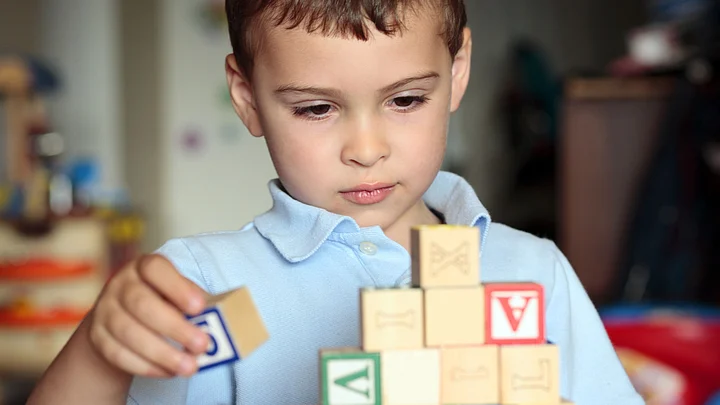Autism Spectrum Disorder is a neurodevelopmental condition with social, communication and behavioural difficulties along with complicated sensory processing.
This definition might be quite a mouthful for an audience in a country that is yet to have a dedicated university-level programme on Autistic studies.
It's this very nature of the condition and the unique manifestations of it exhibited by different individuals that make it a laborious task to even explain Autism to the uninitiated, and yet it is estimated that 1 in 100 children in the world have Autism.
There is a high probability that the kid who was branded as “naughty” “lazy” or “good for nothing” during your school years was an Autistic individual.
The challenge for India is that while the Western world has moved on from treating Autism as a disease to creating an ecosystem of acceptance, India along with other developing nations which contribute to more than half the global population is still blissfully ignorant of the existence of Autism.
The first step for a country like India is widespread acknowledgement of Autism.
The World Autism Acceptance Month (April) is one such vehicle that can increase awareness and acceptance among Indians.
This might be an uphill task because a diagnosis can be challenging for an individual and family members, in a country where even awareness of mental issues is at a nascent stage.
While the more educated section in India is still wrapping its head around Autism partly aided by the popularity of the Netflix series Atypical which follows the story of an Autistic teen, it remains to be seen how long it will take this to percolate from an elite English-speaking audience to the vast majority of India where people on the spectrum are diagnosed with “choked nerve”, or subjected to superstitious tribulations to supposedly ward off the evil spirit.
Even when the more affluent section of society starts acknowledging Autism, there lurks the danger of them seeking solace in ‘Cure culture’ which considers Autism to be a disability.
Cure culture has evolved from the medical model of disability, which only focuses on medical facts.
The medical model of disability only focuses on what an autistic person cannot do and labels them as ‘disabled’ for the rest of their life.
A narrow observation of medical facts is not enough to understand Autism, because Autism is a lived experience.
Most often society fails to see what an Autistic individual is capable of and tries to make them look and behave like neurotypicals.
It’s not enough that Autism is acknowledged by a small section of society, their needs should be accommodated while designing habitable spaces. An Autistic child might find it difficult to sit in a noisy classroom because of their sensory difficulties.
This might lead to certain behavioural issues that in the past were labelled as unruly behaviour.
Therefore, it is important to have silent rooms in schools where autistic children can go when they have sensory overload.
Society should consider autism as a difference instead of a disability and should welcome neurodiversity.
There are neurological differences in every human being, and Autism is one such natural variance.
The reason why Autistic people become disabled is because of an inhospitable society, and not because of Autism itself.
This does not mean that Autistic people do not require support, they are entitled to receive support by respecting and preserving their autistic ways.
Any service provided to Autistic individuals should be with the request and consent of the person in question.
The whole concept that the opposite of Autism is ‘Normal’ needs to be replaced by introducing the word Neurotypicals in everyday usage.
Autistic individuals need empathy rather than society looking at them with sympathetic eyes.
It is important to realise that autistic people are human beings who are genetically and neurologically distinct. Let’s celebrate our differences, the more we can accept and support each other, the closer we will be to the world of true diversity and inclusion.
The first step to this would perhaps be to ask ourselves, ‘Why’. Why does someone behave the way they do?
(Nayana Liza John is a student of M.Sc. Autism at the University of Strathclyde, Glasgow, United Kingdom. She currently works with Autistic Undergraduate university students in Scotland.)

